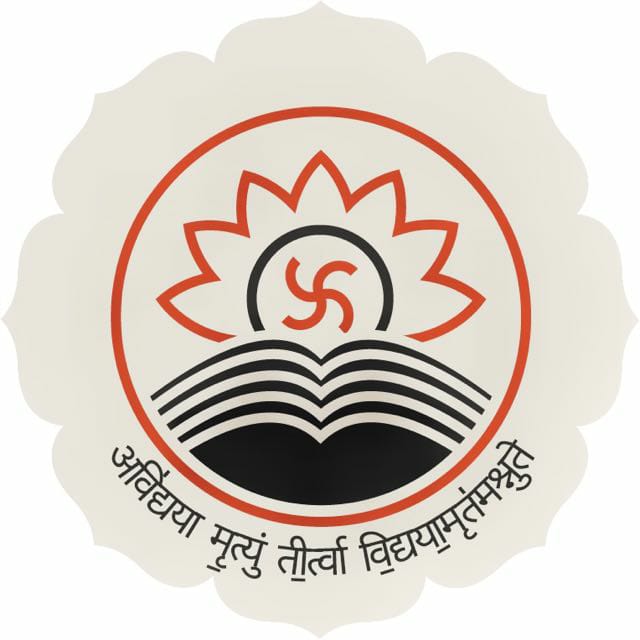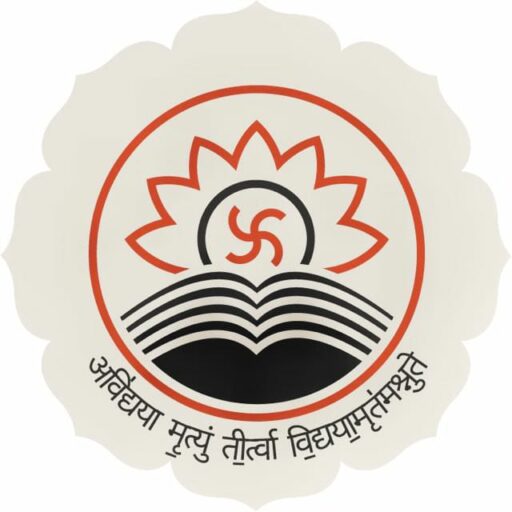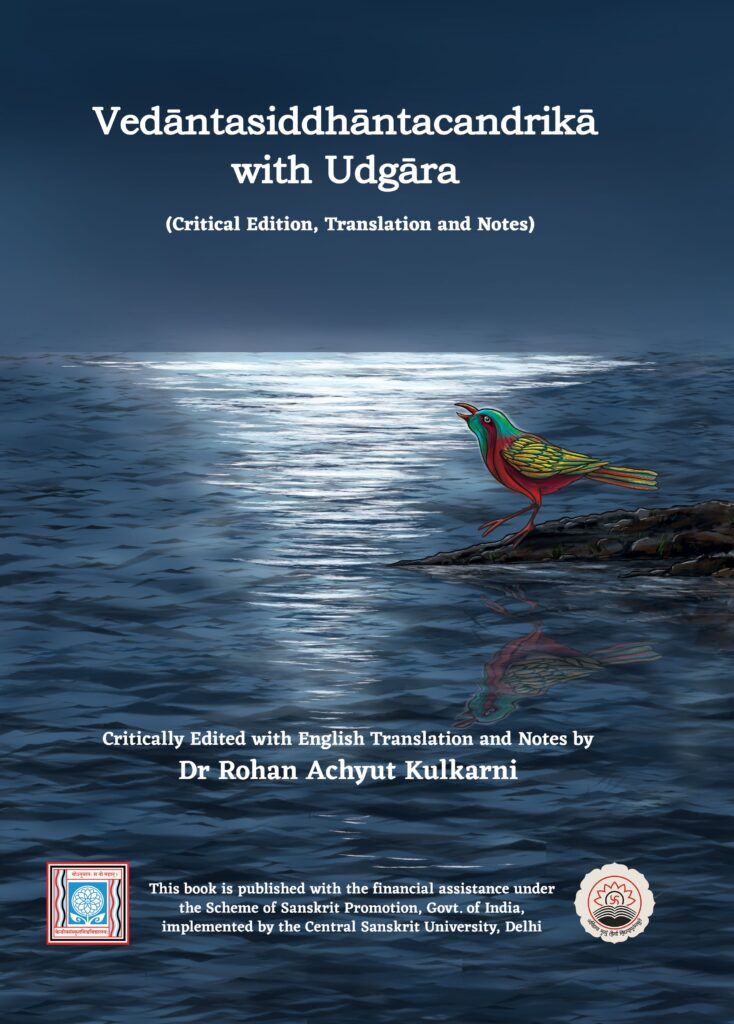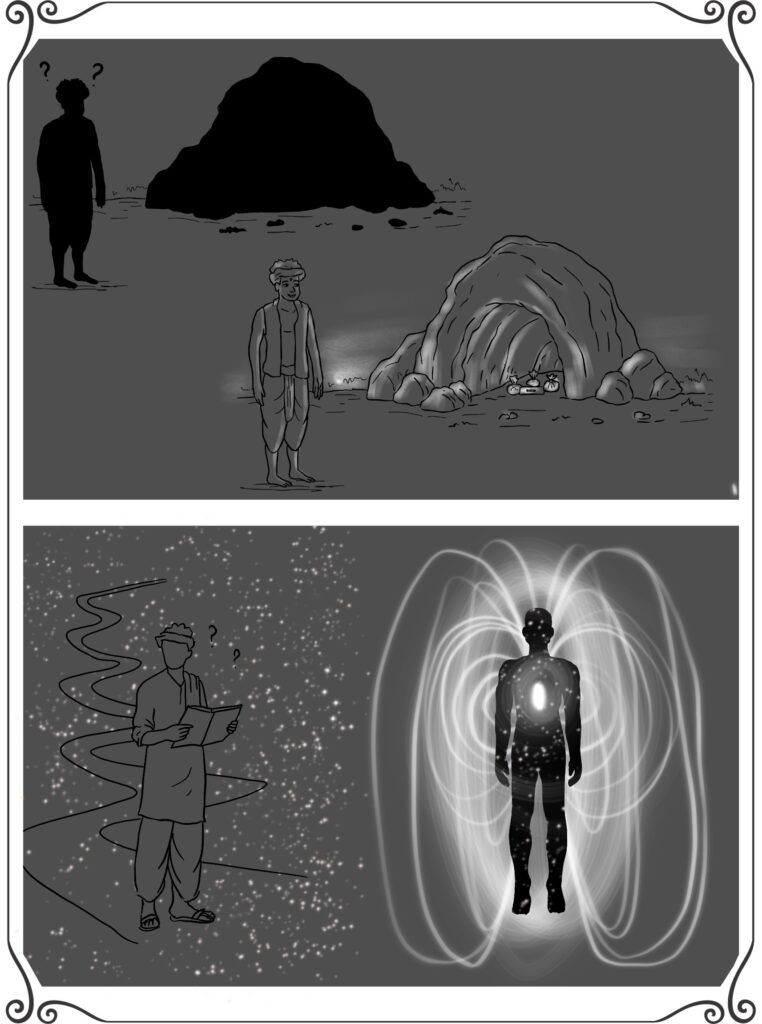Click here 👉🏽 to order the book
For understanding the intended meaning of verses, the 692 explanatory notes by the researcher greatly enhance this book’s merit. We hope that this properly organised and well-published book may be acclaimed by scholars and impart comprehension to learners through its explanation of non-translated words, index of references and verses, grammatical derivations of words with sūtras, etc.
– Shri Shrimad Gangadharendra Sarasvati Mahasvami (Swarnavalli Math, Sonda)
Dr Rohan A. Kulkarni should be complimented for critically editing the original text and commentary with great difficulty, translating them into English, and bringing out its philosophical import with an introduction and necessary notes in very lucid language for the benefit of students, research scholars and lovers of Advaita Vedanta. This book will be considered a milestone for revealing several tricky foundational concepts of Advaita. I strongly recommend that this book should be read by all beginners who want to study Advaita.
– Prof. Yajneshwar Sadashiv Shastri (Former V.C., Sanchi University of Buddhist-Indic Studies)
Dr Kulkarni has examined all the works available on this author and his writings, and the text portrays his proficiency in Vyākaraṇa and Nyaya, besides Advaita Vedanta. One of the essential features of post-Śaṅkara Advaita is the employment of Nyaya for analysing the Vedantic tenets, and the author of this book has well displayed this aspect.
– Godabarisha Mishra (Professor and Dean, Nalanda International University, Rajgir, Bihar)
Why Advaita Vedanta?
In this world, every being strives for happiness and a sorrowless life. No one wants sorrow, which occurs due to various known and unknown reasons. The material solutions medicines, security and rituals have limitations to get rid of the material sorrows ādhyātmika, ādhibhautika and ādhidaivika, respectively. They cannot eradicate sorrows forever, but for a limited time and according to their capacity. Thus, one can only imagine a sorrowless life.
What is the permanent solution if one desires to eradicate all sorrows forever? By what means one can experience uninterrupted bliss? Vedic orthodox philosophers uniformly opine that the ‘realisation of atman (Supreme Reality) is the only solution to get rid of sorrows permanently’. However, they differ regarding the nature of atman. The philosophers of Advaita Vedanta are superior among them because of interpreting śrutis with strong logical reasoning. In short, one should learn the texts of Advaita to realise atman and, as a result, remain in bliss permanently.
What is Advaita Vedanta?
What is the nature of Ultimate Truth (Brahman), Jiva and the World? This question, born out of curiosity, leads to an enquiry about them. Some undertake this enquiry by means of logical reasoning and observation. However, both originate from the varied human intellect and may be refuted by some wise persons holding different perspectives. Hence, this process of enquiry cannot lead one to know the Ultimate Truth. For that purpose, we need to rely on an unsurpassed validity (निरतिशयप्रमाणत्व), which can be found only in the Vedas, the ultimate source not created by any Being.
However, the varied human intellect resulted in varied interpretations of Vedas, which led to the six Indian orthodox systems of philosophy, namely न्याय, वैशेषिक, सांख्य, योग, पूर्वमीमांसा and उत्तरमीमांसा (Vedanta). Upanishads deal with the enquiry of Brahman, the origin and the nature of the world, the relation of the Brahman with the world, etc. Varied interpretations of Upanishads resulted in the sub-schools of Vedanta – अद्वैत, द्वैताद्वैत, विशिष्टाद्वैत, द्वैत and शुद्धाद्वैत.
Now, the subject of further investigation is that out of these sub-schools, whose interpretation leads us to know the Ultimate Truth?
Advaita, with its comprehensive and coherent interpretation of the Upanishads, stands out among the sub-schools of Vedanta. Its interpretation, which is both logical and intelligible, provides a convincing and reassuring path to understanding the Ultimate Truth.
Advaita means non-dualism. According to this system, there is only one eternal identity, i.e. ब्रह्मन्, which was, is and will be existing. It exists in all the three states such as waking (जाग्रत्), dreaming (स्वप्न) and deep sleep (सुषुप्ति).
About the book
Available Advaita Vedanta texts are difficult to understand for the primary learners. Some texts, which they can comprehend, are informative but need more discussion. The text Vedāntasiddhāntacandrikā (VSC), with the commentary Udgāra (U), overcomes these drawbacks. It provides various discussions with opponents’ refutation, supportive citations from śrutis and smṛtis, and logical reasoning to primary learners. A primary learner can know various siddhāntas of Advaita by understanding VSC with U. He will enjoy multiple feasts of Advaita philosophy from one text. For learners who do not know Sanskrit, the translation, 692 explanatory notes and concept-simplifying illustrations facilitate understanding. Another plus point of this book is that it provides critical text and commentary with variant readings.
The text वेदान्तसिद्धान्तचन्द्रिका with 51 verses in the गीति meter, presents various concepts and सिद्धान्त of Advaita Vedanta through a dialogue between a Guru and his disciple, who are scholarly friends. Its commentary उद्गार is written concisely in the शास्त्र style.
रामानन्दसरस्वती skilfully employs the rhetorical figure (अलंकार) श्लेष, creating dual meanings – spiritual (पारमार्थिक/आध्यात्मिक) and empirical (लौकिक/भौतिक). गङ्गाधरेन्द्रसरस्वती provides a scholarly commentary on both interpretations. The author रामानन्द’s expertise in poetics and grammar is evident in his expressions, such as तत्त्वमसिः, सहदयितया, and श्रुतिनयनम्.
The citations by गङ्गाधरेन्द्र from texts, such as Vedas, Upanishads, Puranas, Mahabharata and other Smritis, cover about 10% of the commentary, showcasing his vast knowledge and affirming its authenticity.
Gratitude
The financial assistance from Central Sanskrit University (CSU, Delhi) and Indian Council for Philosophical Research (CSU, Delhi), and the generous contributions from our donors and volunteers have made it possible to make Vedāntasiddhāntacandrikā with Udgāra available at an affordable price. Read more here.
FAQs
What language is the book in?
The book is originally in Sanskrit, translated into English with notes.
What are the physical characteristics of this book?
- Hard bound cover and section sewing
- Natural shade paper
- 422 pages
By when will the book be delivered?
Book will be delivered within three to ten days after ordering within India. For our readers outside India, international shipping charges will be applicable.
What is the price and shipping charges?
The book’s price is ₹425/- and shipping charges of ₹125/- within India.









